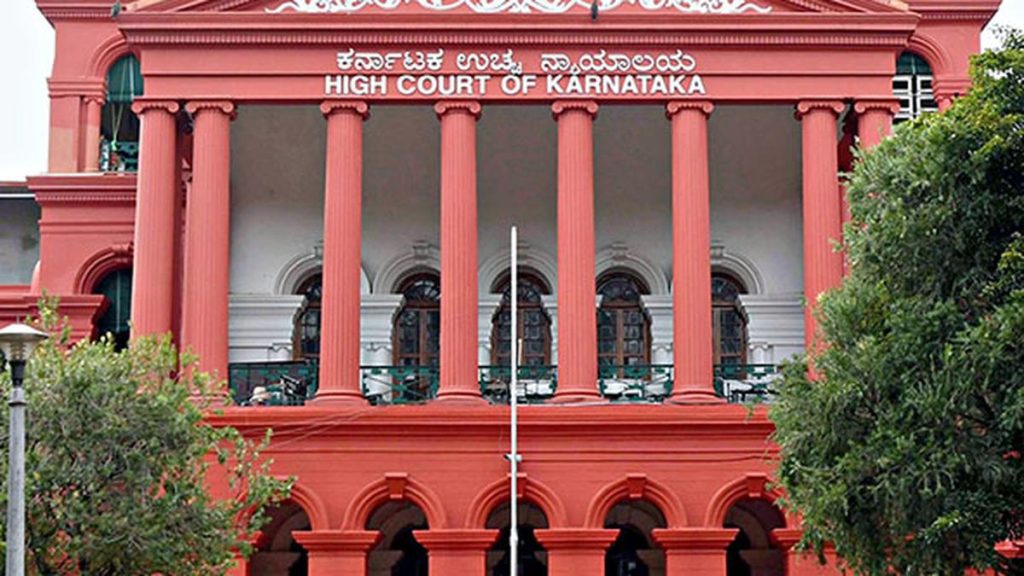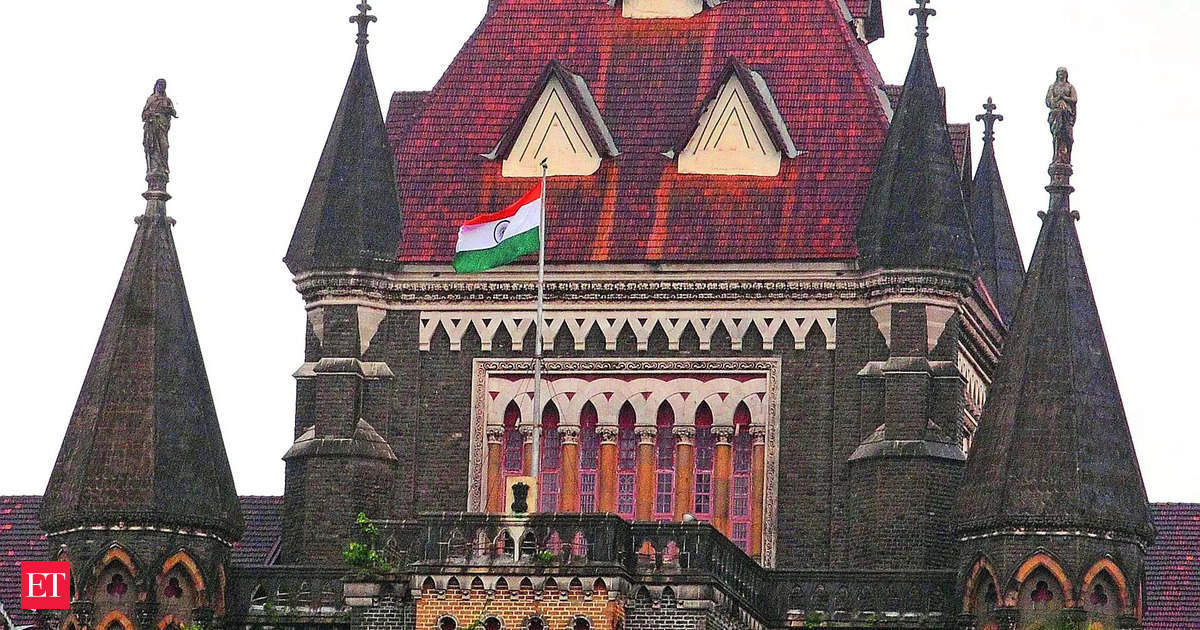Now Reading: Indian Student Escapes to Canada Amid ICE Investigation
-
01
Indian Student Escapes to Canada Amid ICE Investigation
Indian Student Escapes to Canada Amid ICE Investigation

Quick Summary
- Incident Date: The first visit by federal immigration agents occurred on March 7, followed by additional visits on March 8 adn a few days later.
- Subject: ranjani Srinivasan, an Indian student at Columbia University.
- Visa Revocation: Received notice from the US Consulate in Chennai on March 5 that her visa was revoked without explanation.
- Flight to Canada: Srinivasan fled to Canada after immigration agents pursued her at her residence multiple times.
- Agents’ Approach: Identified themselves as “police,” refused to provide badge numbers, stood away from the peephole. Entered with a warrant when she was already in Canada.
- Allegations and Actions: Accused of being a terrorist sympathiser supporting Hamas. Her lawyers deny these claims, suggesting visa revocation was due to protected political speech.
- Legal Issues: Failed to disclose two court summonses related to campus protests when renewing her visa; these resulted in no criminal record.
Indian Opinion Analysis
The case involving Ranjani Srinivasan highlights critical issues around due process and the implications of political expression for international students in the U.S. the lack of clear interaction regarding her visa revocation underscores clarity issues within immigration enforcement practices.Moreover, it raises questions about how political activities or associations might disproportionately affect individuals based on their nationality or perceived affiliations.
In an increasingly interconnected world where academic exchanges are crucial, such events could have broader repercussions for international students considering education in countries with stringent immigration policies. For India, this case may underline the importance of diplomatic engagement to ensure fair treatment of its citizens abroad while encouraging open dialogues concerning global educational mobility.






















